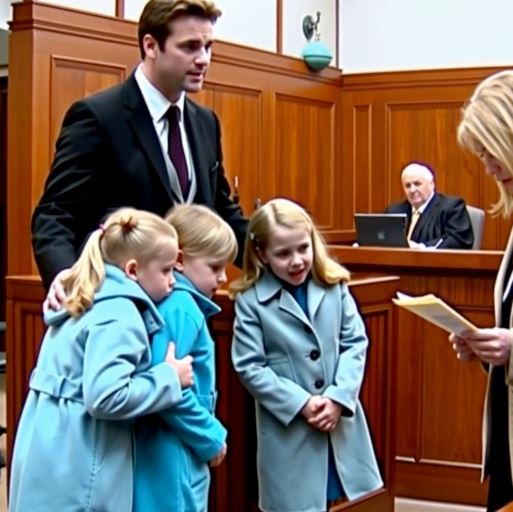My 10-year-old daughter used to head straight for the bathroom the moment she walked in
As I hung up the phone, my hands were still trembling, and my mind raced with countless possibilities—none of them good. I grabbed my keys and...

As I hung up the phone, my hands were still trembling, and my mind raced with countless possibilities—none of them good. I grabbed my keys and...

Morning Show Bombshell: Prince Andrew’s Shocking Revelation Stuns Britain!In a twist no one saw coming, Prince Andrew has once again found himself...

The Day a Hidden Pain Changed Our Lives It started like any other ordinary afternoon. The front door opened, and my daughter stepped inside...

As I stood there, the brisk winter air almost biting through my coat, my anxiety was a palpable thing. The officer’s question hung between us,...

“Crawford, what are you doing?” she repeated, her voice barely rising above a whisper.The tension in the courtroom was palpable, as if everyone...

The officer on the left, a tall man with a steady gaze, nodded politely. “May we come in?” he asked. There was no urgency in his voice, but the...

A major long-term study published in 2016 explored a surprising link between ejaculation frequency and prostate cancer riskA large study has...

As I stood on the sidewalk, heart pounding against my ribs, it felt like the world was holding its breath. The officer’s gaze shifted from me to...

The Mystery Under the Sofa That afternoon started like any other. The sunlight poured gently into our living room, and I was sipping tea,...

As I stood silently in the garden, the chilly December air biting through my coat, I felt a strange sort of calm. I had built my entire life on...